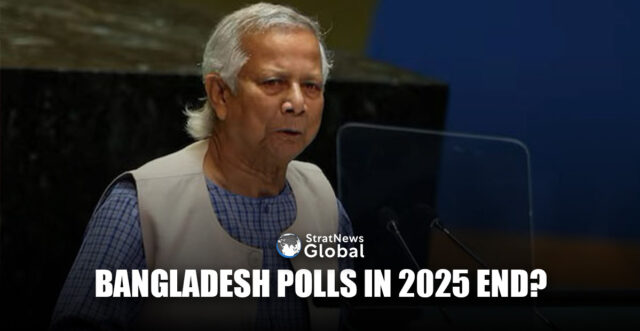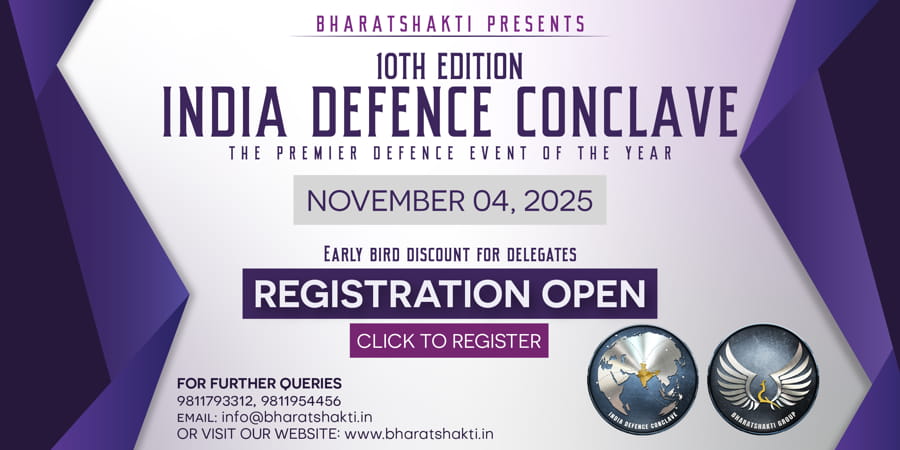Bangladesh’s interim government chief announced on Monday that elections could take place by the end of 2025, contingent on the implementation of necessary electoral reforms.
Bangladesh has been ruled by an interim government led by its only Nobel laureate Muhammad Yunus since August, when then Prime Minister Sheikh Hasina resigned and fled to India amid mass protests.
“If there is political consensus and the voter list is prepared accurately with only minor reforms, it may be possible to hold elections by the end of 2025,” Yunus said in a televised speech.
Bangladesh’s army chief General Waker-uz-Zaman, whose refusal to support Hasina during the deadly student protests led to her departure, told Reuters in September that democracy should be restored within 12 to 18 months.
In his address, delivered on the 53rd anniversary of Bangladesh winning independence from Pakistan following a nine-month war, Yunus said elections would only be possible after electoral reforms.
“If additional reforms are needed, and taking into account national consensus, it may take at least another six months,” the 84-year-old added.
Hasina’s Ouster
Since August, Bangladesh has been governed by an interim administration led by Nobel laureate Muhammad Yunus, following the ouster of Prime Minister Sheikh Hasina amidst widespread public protests.
The protests, fueled by allegations of corruption, economic mismanagement, and authoritarianism under Hasina’s leadership, culminated in a political crisis that led to her resignation and subsequent flight to India.
The appointment of Yunus, an economist and the founder of Grameen Bank, has been seen as an effort to restore stability to the country’s governance.
The interim administration has reportedly been facing enormous challenges, including rebuilding public trust, addressing economic instability, and implementing electoral reforms to pave the way for free and fair elections.
Public discontent remains high, with citizens demanding transparency and accountability from the new leadership.
Yunus has emphasised the importance of uniting the nation, urging all political stakeholders to prioritise national interests over partisan conflicts.
However, opposition parties including the Bangladesh Nationalist Party, one of two dominant parties in the country alongside the Awami League, have called for elections to be held as soon as possible.
(With inputs from Reuters)







